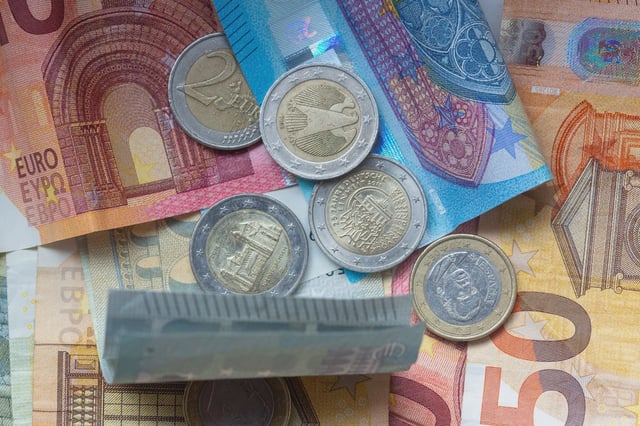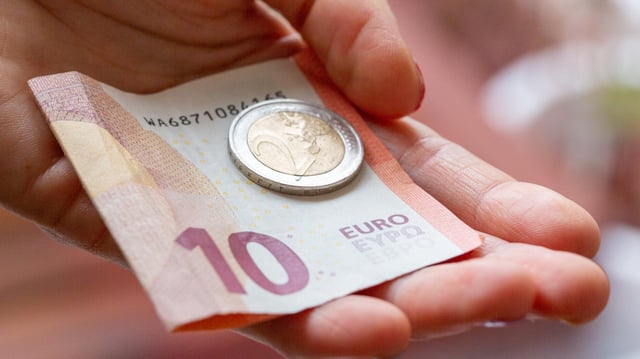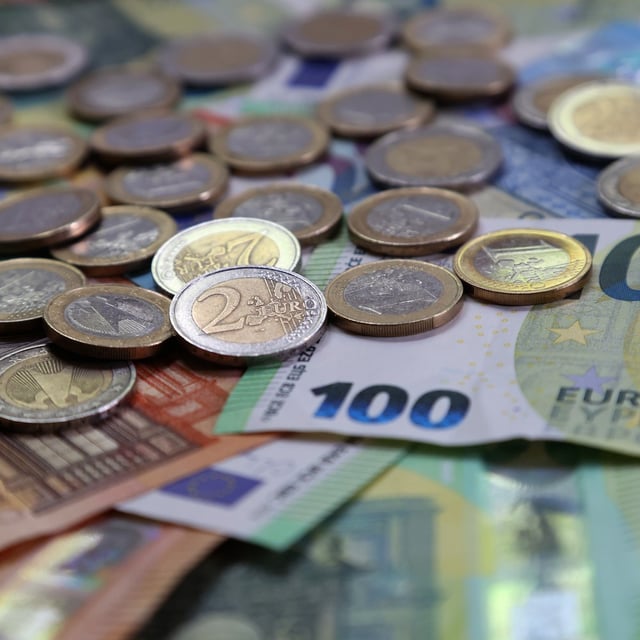Overview
- In early June, the European Commission and European Central Bank confirmed that Bulgaria has met all convergence criteria for price stability, public finances and exchange‐rate stability.
- The euro rollout is expected to cut currency‐exchange costs and strengthen trade and tourism by fully integrating Bulgaria into the eurozone’s single-currency area.
- Nationalist and pro-Russian factions have staged protests and collected signatures for referendums, but the Bulgarian parliament rejected two referendum bids in 2023 and May 2025.
- A mid-May Mjara Institute poll found 54.9 percent of adults oppose the euro switch, while an Alpha Research survey shows 66.3 percent of businesses favor joining the eurozone.
- Bulgaria’s original target to adopt the euro in early 2024 was postponed due to high inflation, and approval by finance ministers would make it the eurozone’s 21st member.



